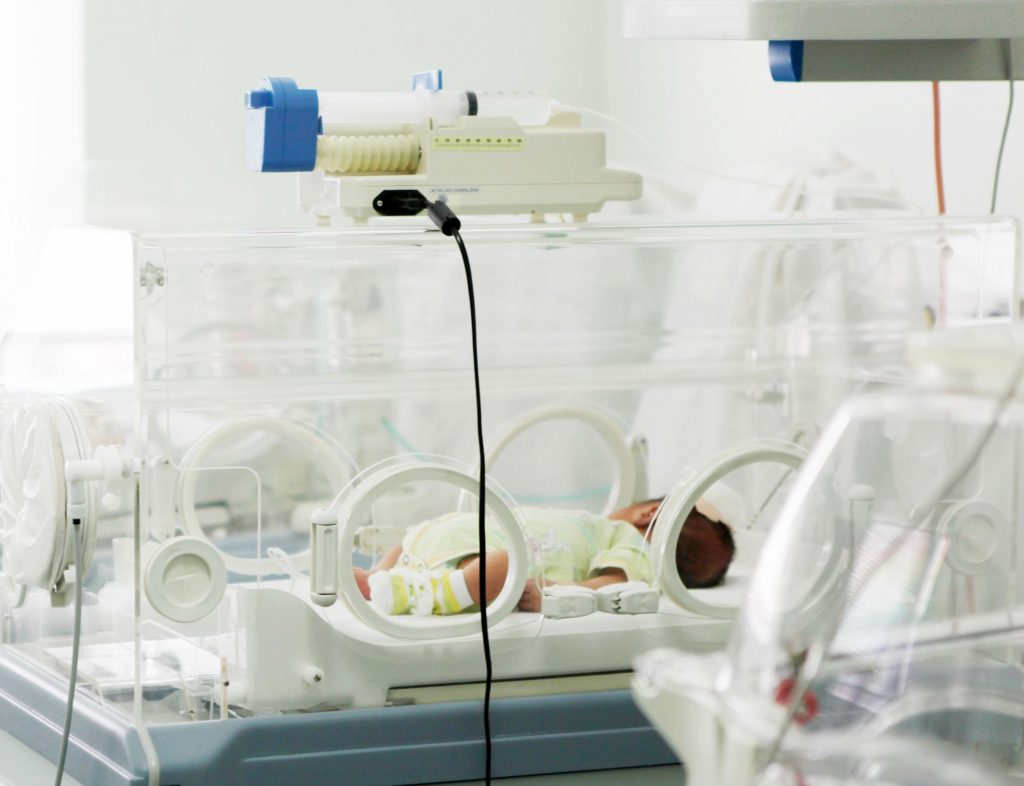
There are a number of medical conditions which can cause a woman to give birth prematurely. Many of these conditions can emerge suddenly, while others may have distinct warning signs.
Whatever the cause, generally speaking it is better when a woman carries her baby to term – about 38 to 40 weeks – than when the baby has to be delivered early. Premature births are associated with a number of birth injuries, including cerebral palsy.
Does Premature Birth Cause Cerebral Palsy?
For years researchers have studied the causes of cerebral palsy. Though no definitive cause has yet been isolated, researchers have noted that approximately 50% of cerebral palsy cases involve babies who were born prematurely. As will be seen below, cerebral palsy is just one of many potential health consequences associated with premature labor and birth.
Premature Labor Risk Factors
Risk factors for premature labor and birth include:
- Incompetent cervix
- Other abnormalities of the uterus or cervix
- Previous cesarean
- Trauma to the abdomen
- Alcohol and illegal drug consumption
- Preeclampsia
- Placental abruption
- Cephalopelvic disproportion
- Age of the mother, including mothers who are in their teens or over 40
Premature Labor Symptoms
The symptoms associated with preterm labor and early birth include:
- Early water breaking
- Early onset of uterine contractions
- Spotting or bleeding
- Abnormal sensation in the pelvis or uterus
- Leaking of amniotic fluid
- Abnormal vaginal discharge
- Abnormal abdominal cramping
Any woman experiencing the symptoms of preterm labor, or who is determined to be at high risk, should be closely monitored by her attending medical personnel. Going into labor any earlier than three weeks before your due date is considered preterm labor. Though in some cases the risks of preterm labor may be relatively low, in other situations serious health risks to the baby may result.
Premature Labor and Birth Negative Health Effects
Some of the more serious potential consequences of premature birth include:
- Low birth weight
- Under development of organs
- Psychological impairment
- Physiological impairment, including cerebral palsy
Detecting Warning Signs of Premature Birth
There are many ways that medical professionals go about screening women for the warning signs of preterm labor. Some of the most common ways physicians monitor pregnant women for the signs of preterm labor include:
- Ultrasound
- Pelvic exam
- Fetal monitoring (in utero)
- Amniocentesis
Premature Birth, Birth Injury, and Medical Malpractice
If your child was born prematurely, and suffered from a birth injury as a result, your child’s birth injuries may ultimately be the result of medical malpractice. If your attending medical personnel failed to screen you for the risk factors associated with premature labor, failed to diagnose you, or failed to properly treat you, your baby’s injuries may be the result of their medical negligence.
Contact a qualified birth injury attorney today to discuss the circumstances surrounding your premature labor and birth, and to learn if you may be entitled to significant compensation.















